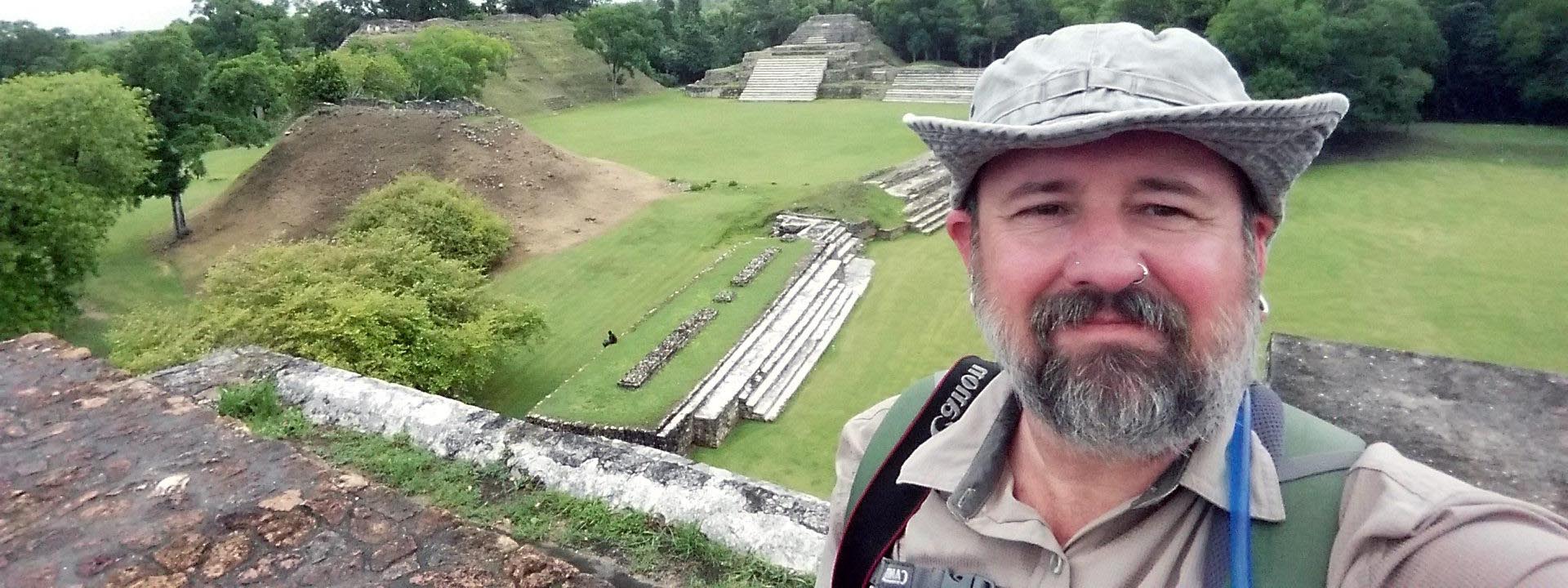Douglas W. Hume, Ph.D.
Anthropologist & Educator
Advising

Advising Appointments
See the Sociology, Anthropology and Philosophy Department Advising Information web page for directions on the lifting of advising holds, scheduling classes, career development, graduate school, and other types of academic advising. For students in my courses, my office hours are by arrangement, see the instructions posted on the course syllabus within Canvas.
Advising Philosophy
My advising philosophy is grounded in the pedagogical approach of active teaching and learning, because, in my experience, students learn more by example and practice than by non-active techniques, such as recited lectures or being presented a blanket four-year course plan. The majority of research on active learning finds that active learning techniques significantly improve retention of knowledge and skills among students, regardless of their learning styles.
While students require guidance as they navigate NKU’s general education and anthropology major requirements, they should not be passive, but active parties in their educational choices. Therefore, I developed a pre-advising worksheet by which students are given guidance regarding how to navigate MyNKU and course requirements so that they can make their own decisions. During advising meetings, we discuss what they have planned and if it will further their educational goals.
Advising does not end with actively engaging with a student’s course schedule. Students often do not make an effort to take an active role in their career or graduate school goals while they are at NKU. Perhaps caught up in the moment, students fail to plan ahead and then find that they do not have a career or graduate program into which to transition after they complete their bachelor’s degree. Therefore, I have collected resources that I am using to develop a guide by which students can begin to explore their options after NKU. In sum, whether it is in teaching or advising, I attempt to provide an active learning environment where students take ownership of their education.